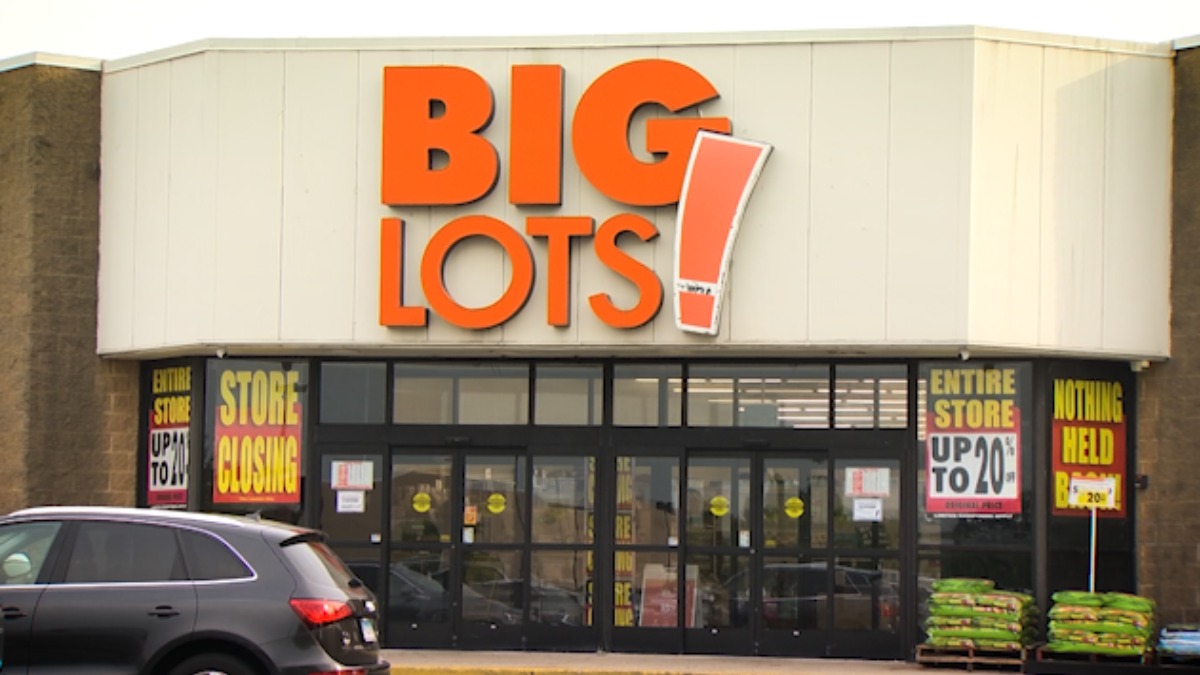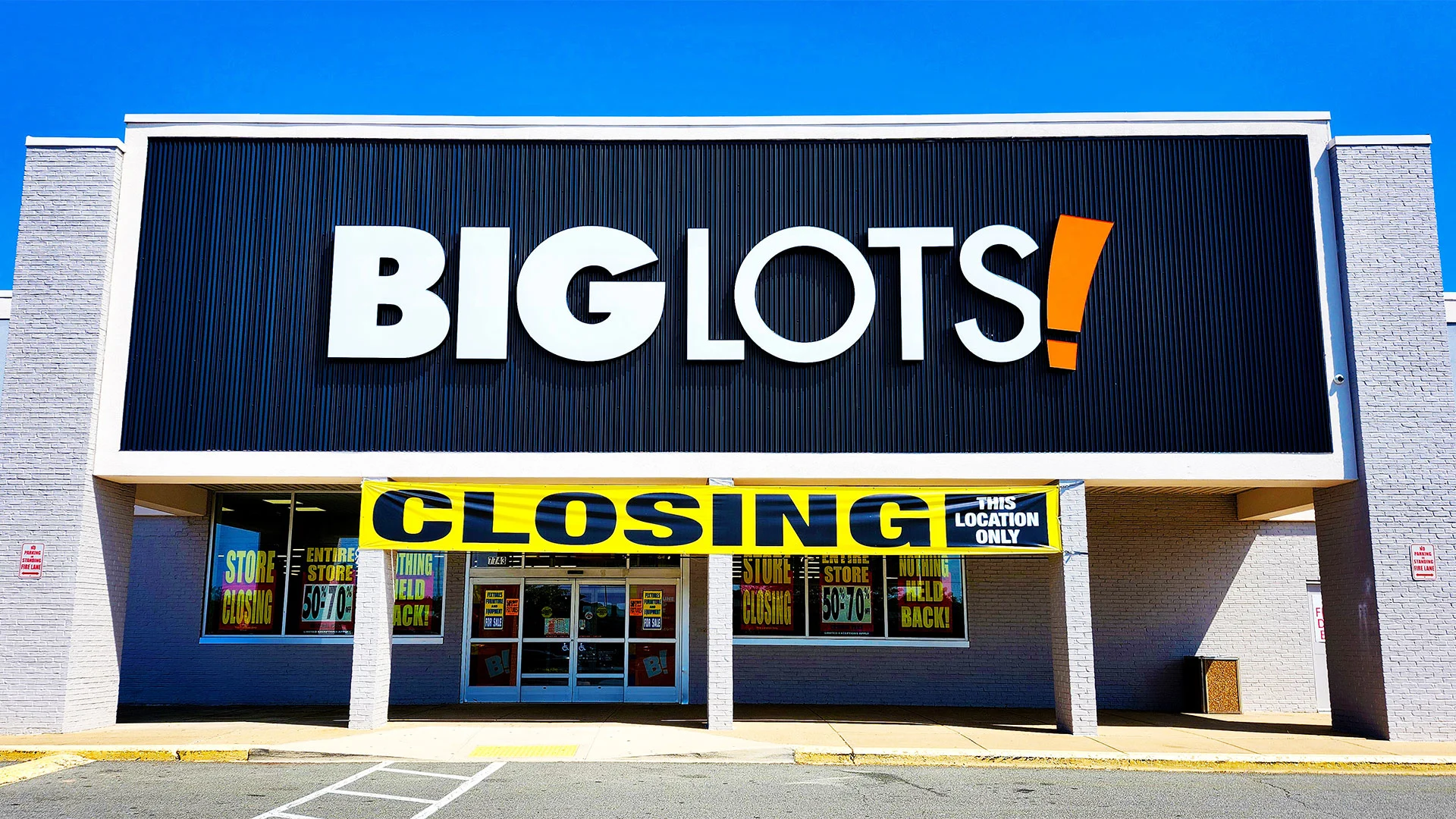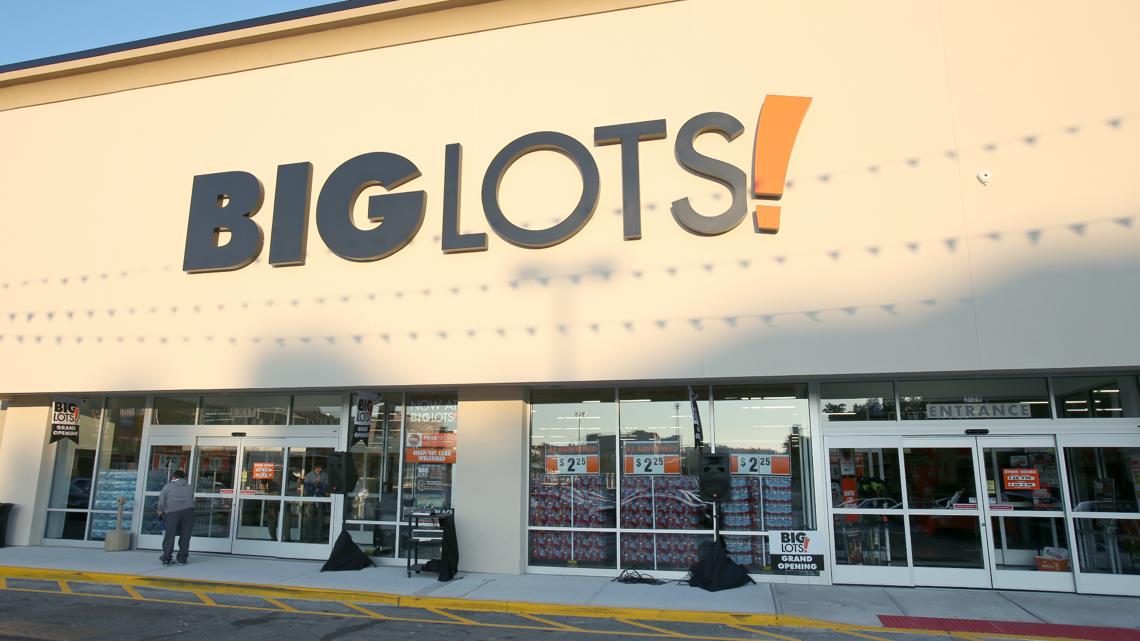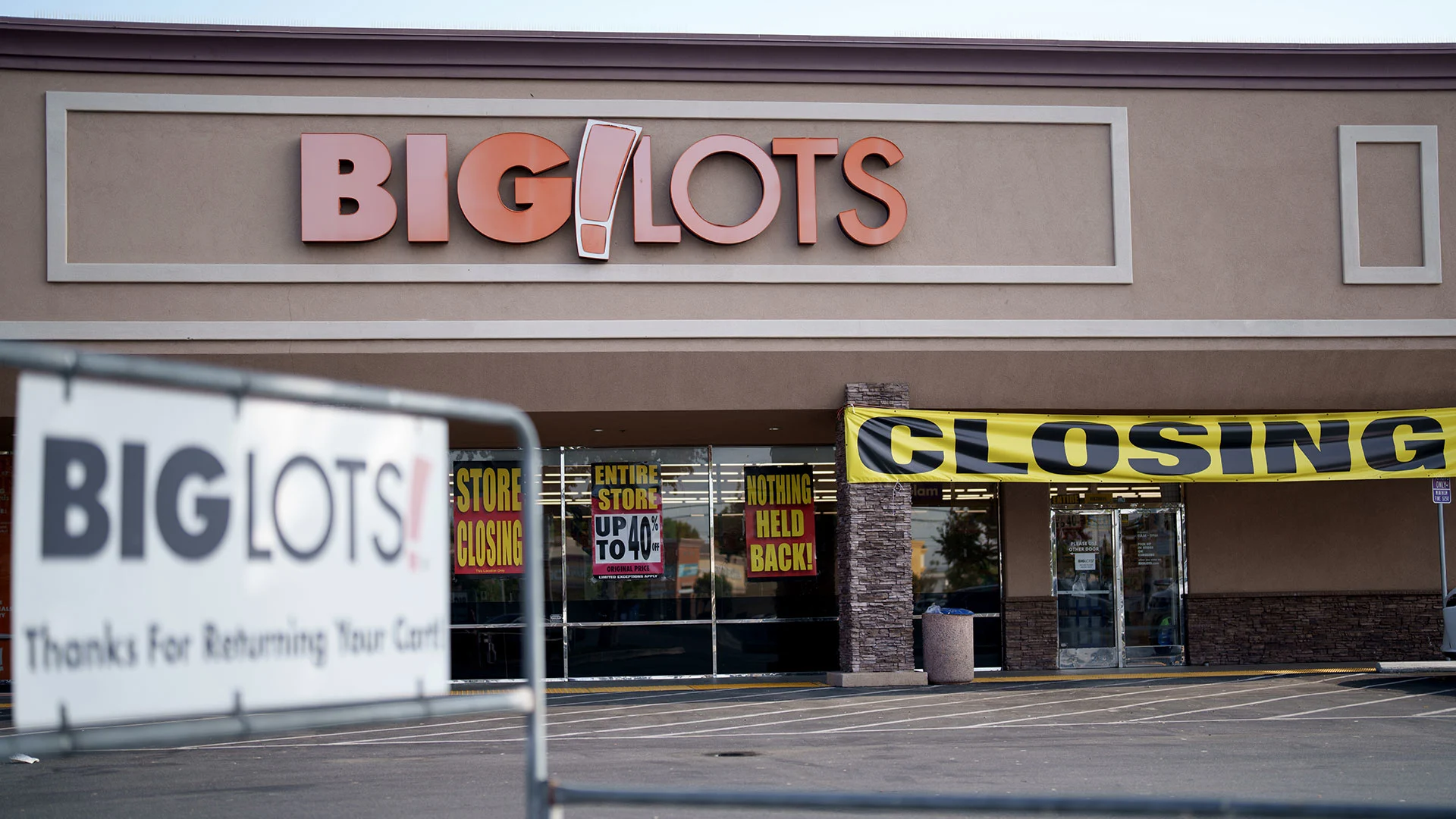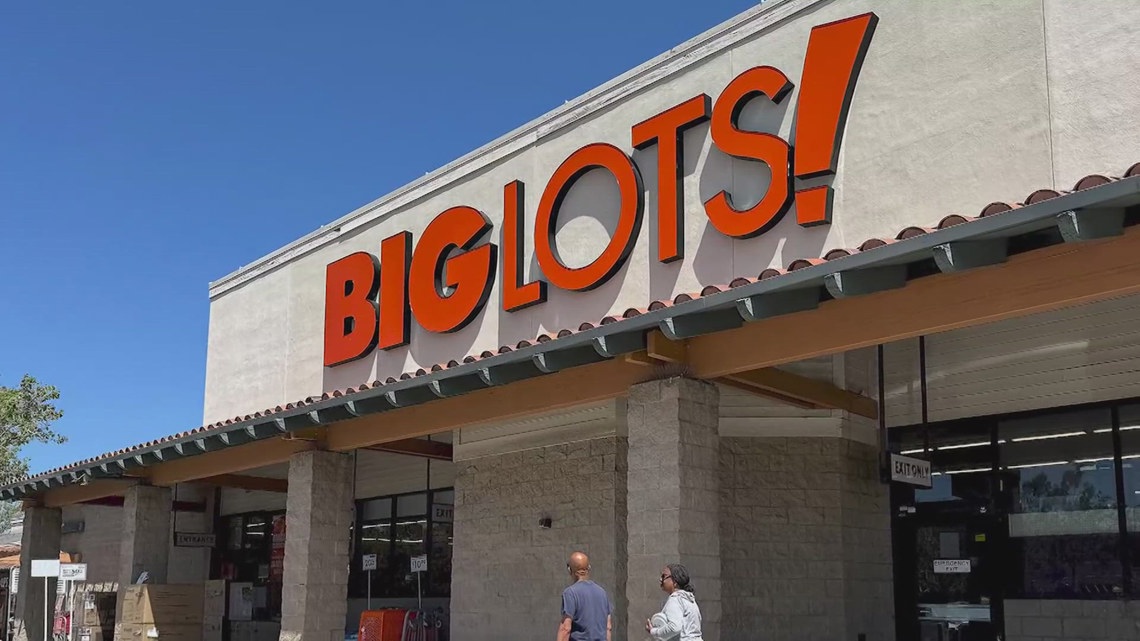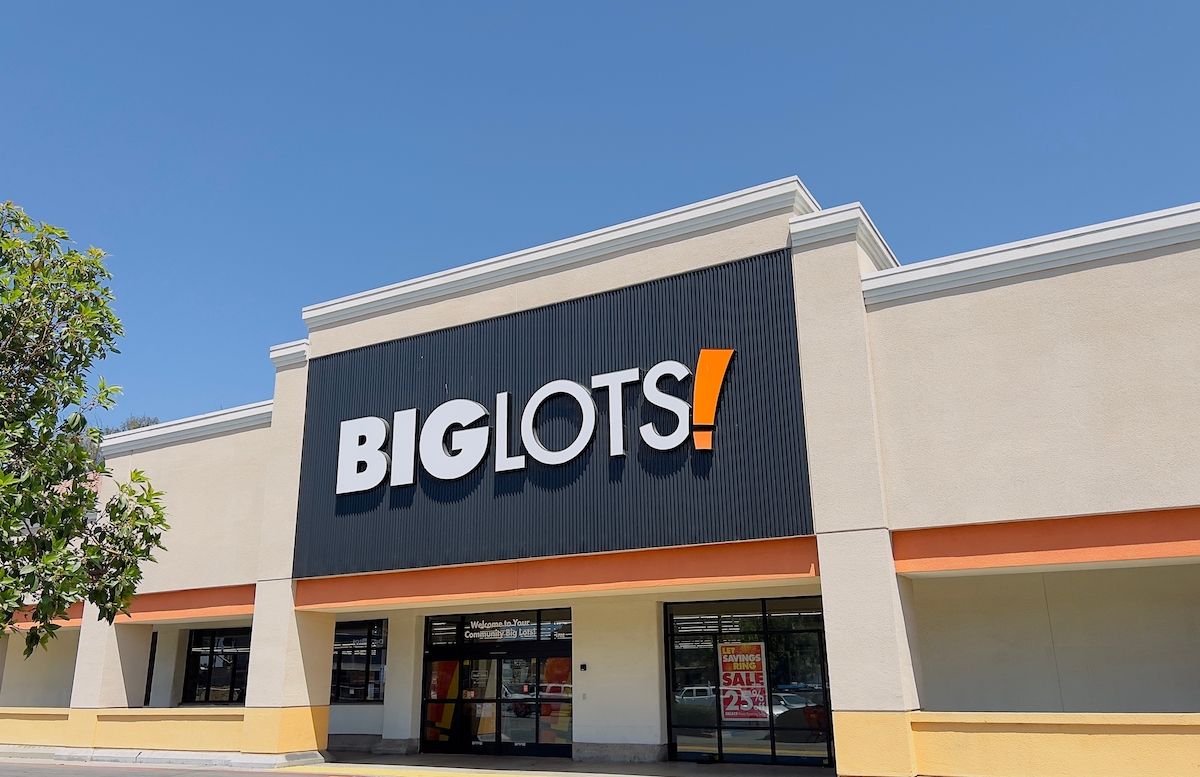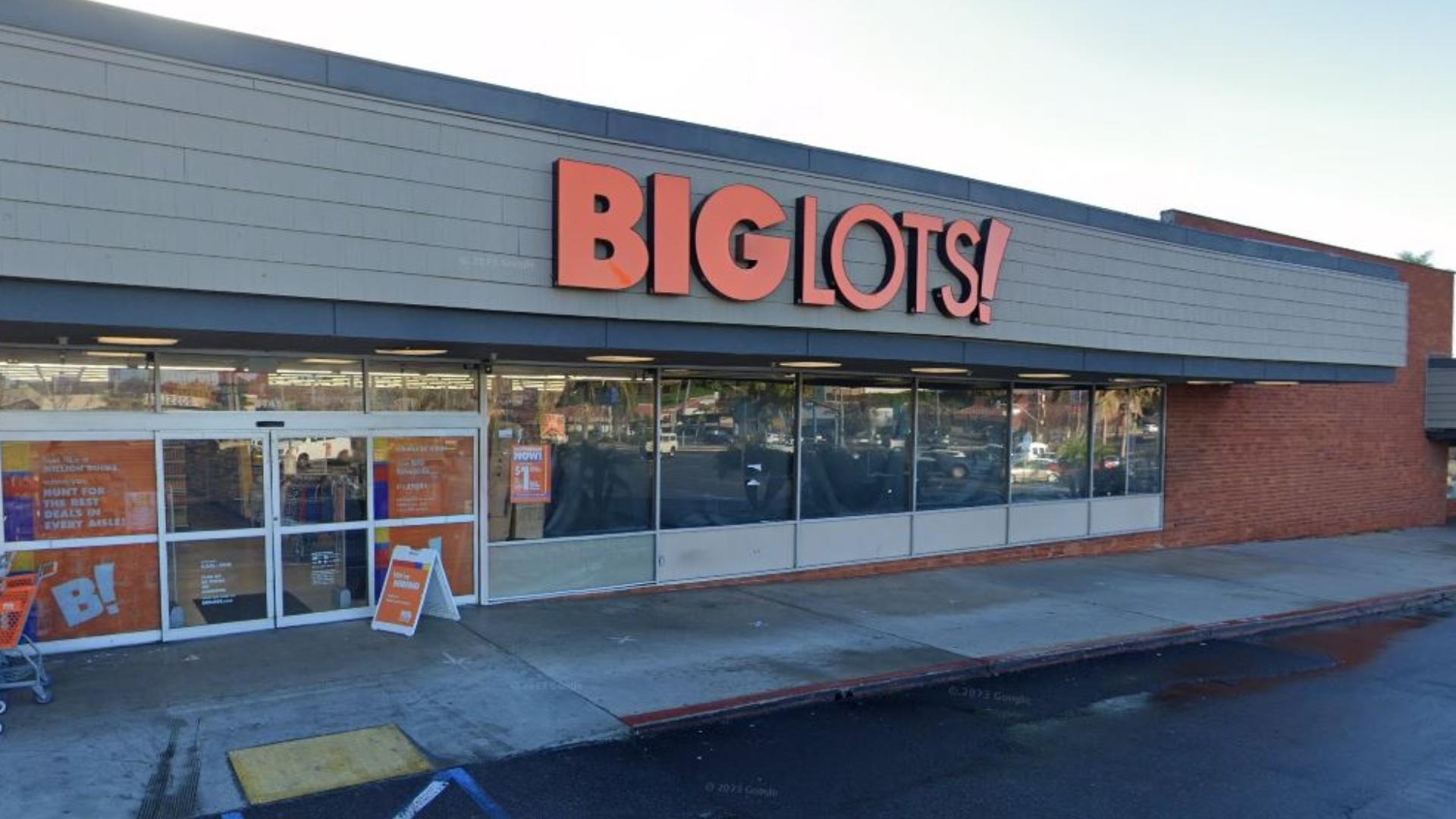Big Lots Is Closing Three Stores In Connecticut
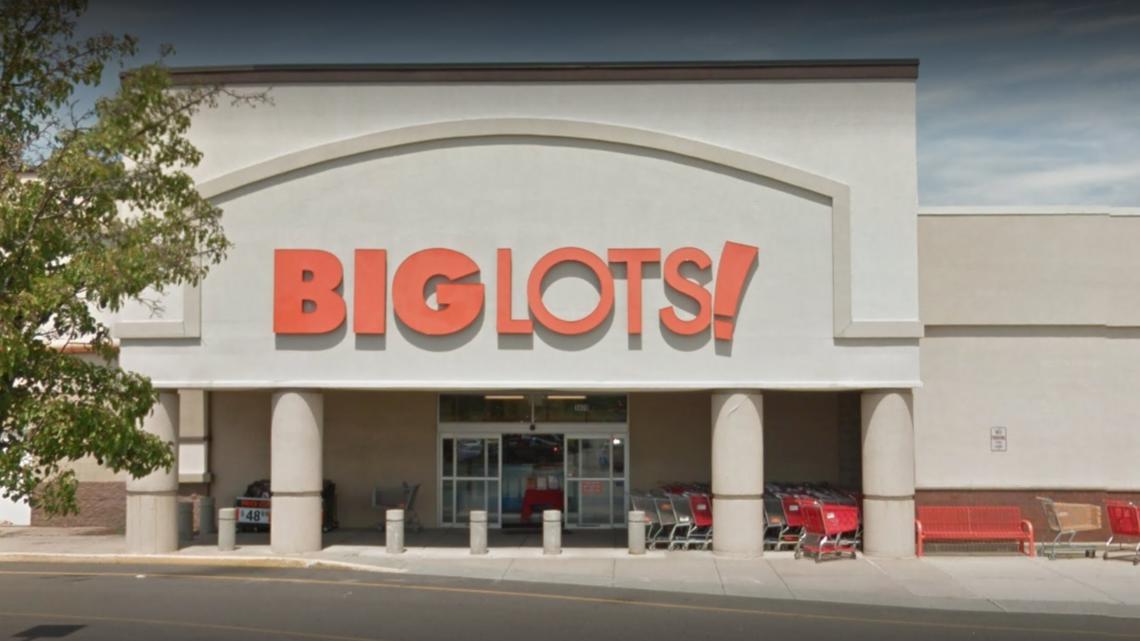
Connecticut shoppers are losing three Big Lots locations this spring, marking a significant contraction for the discount retailer in the state. The closures, impacting stores in Enfield, Manchester, and Waterbury, signal a potential shift in the retail landscape and raise concerns about local job losses.
The closures point to a potential realignment within the company. This has sparked questions about the future of Big Lots' presence in the state. It also highlights the continuing challenges faced by brick-and-mortar retailers in an increasingly competitive market.
The imminent closure of three Connecticut Big Lots stores has sent ripples through local communities. This has fueled speculation about the reasons behind the decision and the impact on both employees and consumers.
Big Lots Confirms Connecticut Store Closures
Big Lots officially confirmed the closures in a statement released late last week. The statement cited a strategic review of store performance as the primary driver behind the decision. The company indicated that the underperforming locations no longer aligned with its long-term business objectives.
“As part of our ongoing portfolio optimization, we have made the difficult decision to close three stores in Connecticut,” the statement read. “We understand the impact this will have on our associates and customers, and we are committed to supporting them through this transition."
The closures are scheduled to take place by the end of April. Liquidation sales are already underway at the affected stores, offering steep discounts on remaining merchandise.
Impact on Employees and Local Economies
The closure of the three stores will result in the loss of approximately 75 jobs, according to sources familiar with the situation. Big Lots has stated it is offering severance packages and outplacement services to affected employees. They are also exploring opportunities for them to transfer to other Big Lots locations, where feasible.
The economic impact extends beyond job losses. It also includes a reduction in local tax revenue and a potential decrease in foot traffic for neighboring businesses. Local officials in Enfield, Manchester, and Waterbury are assessing the potential long-term consequences of the closures.
“We are disappointed to see Big Lots leave our community,” said Mayor Michael Ludwick of Enfield in a released statement. “We are working to attract new businesses to fill the vacant space and mitigate any negative economic impact."
Local Reactions
Customers expressed a mix of disappointment and understanding upon hearing the news. Many cited the store's affordability and convenient location as key factors in their patronage. Others acknowledged the challenges facing traditional retailers in the age of e-commerce.
"I'm really going to miss having Big Lots here," said Sarah Miller, a frequent shopper at the Manchester location. "It was always a great place to find affordable household goods and seasonal items."
Some customers expressed concern about the impact on elderly and low-income residents who relied on Big Lots for budget-friendly essentials. This has raised questions about the availability of similar affordable options in the affected communities.
Retail Landscape and Future Outlook
The Big Lots closures come at a time of significant change in the retail industry. This is with the rise of online shopping, changing consumer preferences, and economic uncertainties all playing a role. Other major retailers have also announced store closures in recent months.
Analysts suggest that Big Lots' decision to close underperforming stores is part of a broader strategy to streamline operations and focus on more profitable locations. The company has been investing in e-commerce and exploring new store formats to adapt to the evolving market.
The long-term future of Big Lots in Connecticut remains uncertain. It also depends on the success of its strategic initiatives and its ability to compete in a challenging retail environment.
Challenges Facing Discount Retailers
Discount retailers like Big Lots face unique challenges in today's market. They have to balance the need to offer low prices with the rising costs of goods, labor, and transportation.
Competition from online retailers and larger discount chains adds further pressure. Also, maintaining a consistent supply of quality merchandise at competitive prices is a constant struggle.
Adapting to changing consumer preferences and investing in technology are also crucial for survival. Also, discount retailers must be responsive to the evolving needs of their customers.
The Future of the Vacant Spaces
The vacant Big Lots stores represent significant retail opportunities in their respective communities. Landlords are actively seeking new tenants to fill the spaces. These are the spaces in Enfield, Manchester, and Waterbury.
Several potential replacement tenants have already expressed interest, including other retailers, grocery stores, and entertainment venues. Local economic development agencies are working to attract businesses that will create jobs and contribute to the local economy.
The reuse of these spaces could revitalize the surrounding areas and provide new shopping and entertainment options for residents. This also depends on the ability of landlords and local officials to attract the right businesses.
Conclusion
The closure of three Big Lots stores in Connecticut marks a significant change in the state's retail landscape. This also highlights the challenges facing traditional brick-and-mortar retailers. The immediate impact will be felt by employees and customers in Enfield, Manchester, and Waterbury.
The future of the vacant spaces and the long-term presence of Big Lots in Connecticut remain uncertain. However, the closures also present opportunities for new businesses to emerge and for local communities to adapt and thrive.
The situation serves as a reminder of the dynamic nature of the retail industry. The constant need for businesses to innovate and adapt to changing consumer preferences is crucial. This is true to remain competitive and relevant in today's market.
